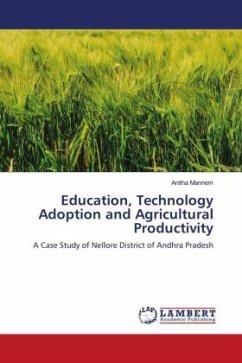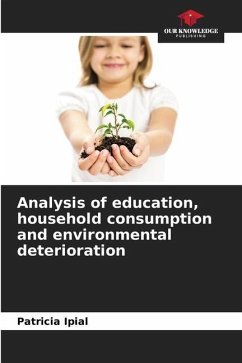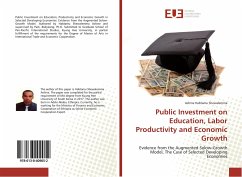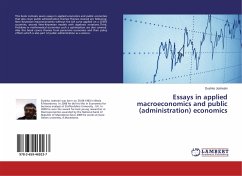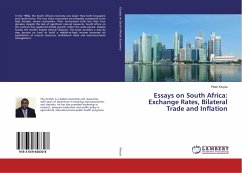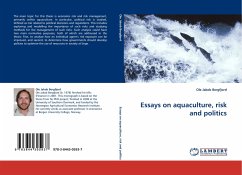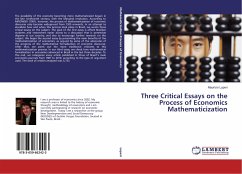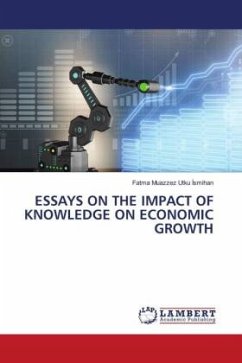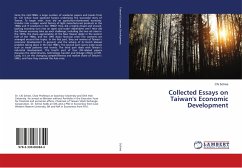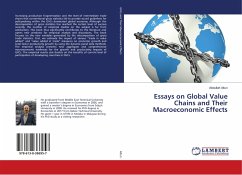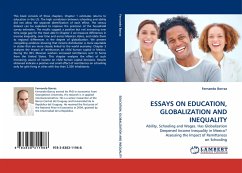
ESSAYS ON EDUCATION, GLOBALIZATION AND INEQUALITY
Ability, Schooling and Wages. Has Globalization Deepened Income Inequality in Mexico? Assessing the Impact of Remittances on Schooling
Versandkostenfrei!
Versandfertig in 6-10 Tagen
45,99 €
inkl. MwSt.

PAYBACK Punkte
23 °P sammeln!
This book consists of three chapters. Chapter 1 estimates returns to education in the US. The high correlation between schooling and ability did not allow the separate identification of each effect. The census dataset can be exploited to improve the precision of the household survey estimates. The results suggest a positive but not increasing over time wage gap for the most able In Chapter 2 we measure differences in income inequality, over time and across Mexican states, and relate them to regional differences in the degree of globalization. We present compelling evidence showing that income ...
This book consists of three chapters. Chapter 1 estimates returns to education in the US. The high correlation between schooling and ability did not allow the separate identification of each effect. The census dataset can be exploited to improve the precision of the household survey estimates. The results suggest a positive but not increasing over time wage gap for the most able In Chapter 2 we measure differences in income inequality, over time and across Mexican states, and relate them to regional differences in the degree of globalization. We present compelling evidence showing that income distribution is more equitable in states that are more closely linked to the world economy. Chapter 3 analyzes the impact of remittances on child human capital in Mexico. During the 90 s Mexican workers increased remittances sent to home from the United States. This chapter analyzes the effect of such increasing source of income on child human capital decisions. Results obtained indicate a positive and small effect of remittances on schooling only for girls living in cities with less than 2,500 inhabitants.



